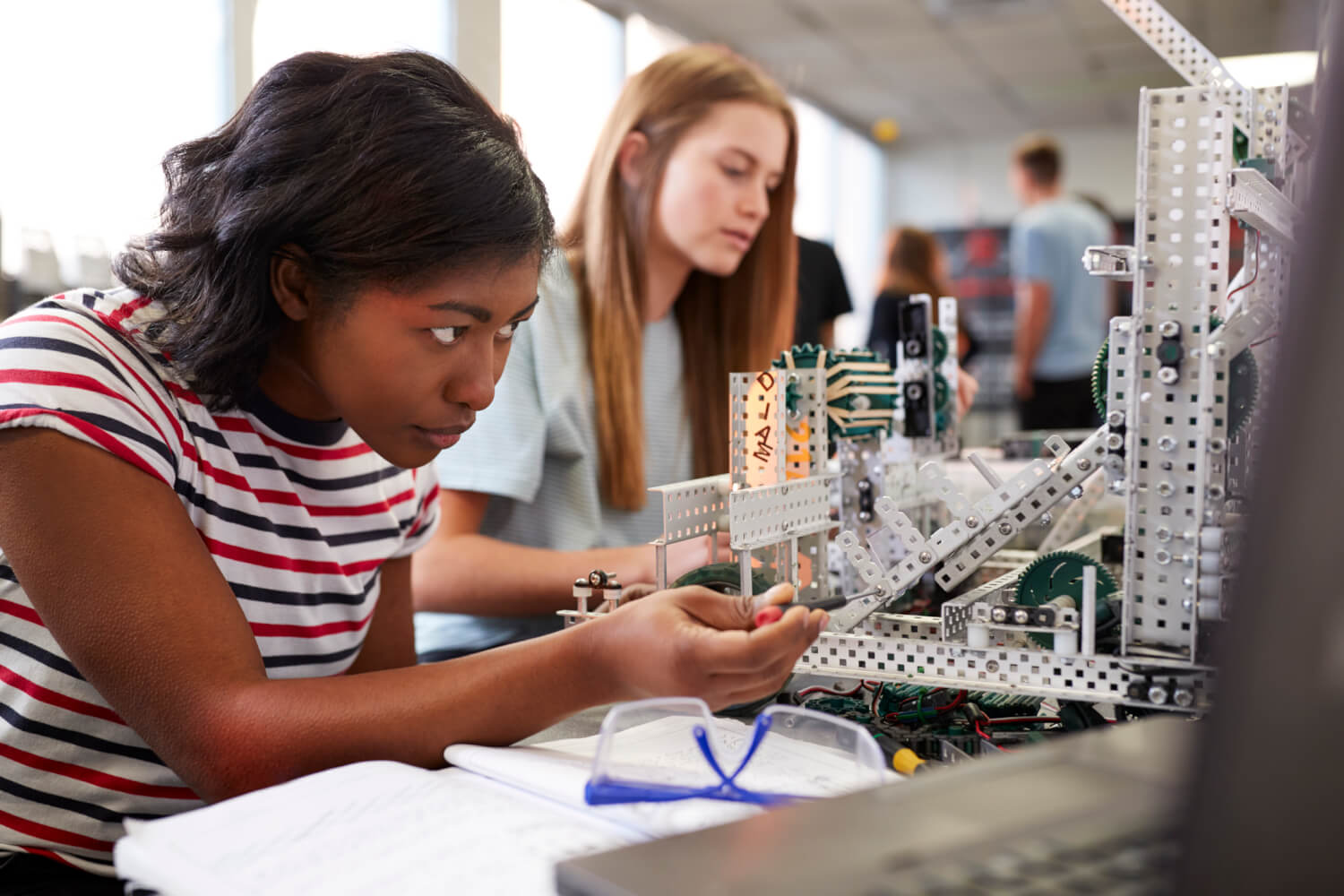Next to math, science is arguably the most intimidating subject to many students. The difficulty of science can vary based on the nature of the science subject. It’s important for students to try and develop a more in-depth understanding of scientific concepts. In fact, without proper help and guidance, that process may take more time and effort. Science and mathematics often require real-life applications of certain formulas, theorems, and laws. Science courses contain material that requires a significant amount of problem-solving.
What’s the best way for students to succeed in science class? Read on for a few of the most effective science studying tips for students:
Essential Science Study Tips
- Prepare Prior To Each Science Class
Science students can prepare themselves for each class by doing the assigned readings. This will allow them to be able to ask their teacher specific questions. Ultimately, pre-reading helps clarify anything they’ve found unclear in the text. Reading an assigned text prior to class can explain any differences between how a topic is presented in text and the way it is presented in a lecture. Before reading the assigned text, look over:
- The beginning chapter’s summary
- Problems and certain questions at the end of the chapter
Preparation is a critical aspect of learning. It allows a student to plan for their success by getting themselves in a state of focus. In addition, after each science class, students should speak with the teacher regarding the chapter they’ll be covering in the next class. This can relieve some anxieties and allows students to get a head start on the reading.
2. Participate Fully In Science Class
Completing the assigned readings before class will give students more time to prepare their questions. Some students may tune out during a science lesson to focus on studying for a test or presentation for a different class. It’s vital that students avoid this practice. Student participation involves active learning. Active learning engages students in the entire learning process. Moreover, participation also allows students to apply their own knowledge and ask questions. There is never a better time to learn something than in the present, in class.
When in class, students should stop and ask questions to keep on track. This will allow them to retain information much more easily and actively take notes.
3. Hone Math Skills
Science is based on an understanding of problem solving and math equations. Students will be collecting different numbers from science experiments. However, they may not know what to do with the numbers they collect. Mathematics is closely related to science in a number of ways. Science and math build on each other. In fact, scientists use math daily. Additionally, math can help students understand the natural world around them. It also helps contribute to new discoveries and relies fully on evidence. If your student is offered or required to take a prerequisite math course for a science class, they should not try to waive it. Science, especially advanced science courses in High School, rely heavily on a comprehension of algebra.
4. Learn About The Metric System
Science uses the metric system as it is the preferred system of scientific notation. Most countries employ the system of measurement. The reason is because metric units are decimal-based and are converted by moving each decimal point. It is much easier to use over the English system. Start by discussing the metric units with your student. You can do this with them while you’re driving by having your child convert miles to kilometers per hour or at the grocery store, compare litres to gallons. The metric system is an international standard, which allows scientists in different countries to understand each other easily.
Oxford Learning offers science tutoring for students of all ages and skill levels. Science can be quite a complex, information-filled subject that uses math formulas and equations. In conclusion, having some additional help and guidance helps ease the stress and anxiety of science and allows students to enjoy science class!




